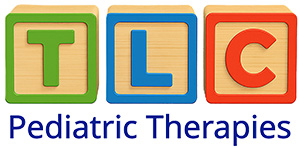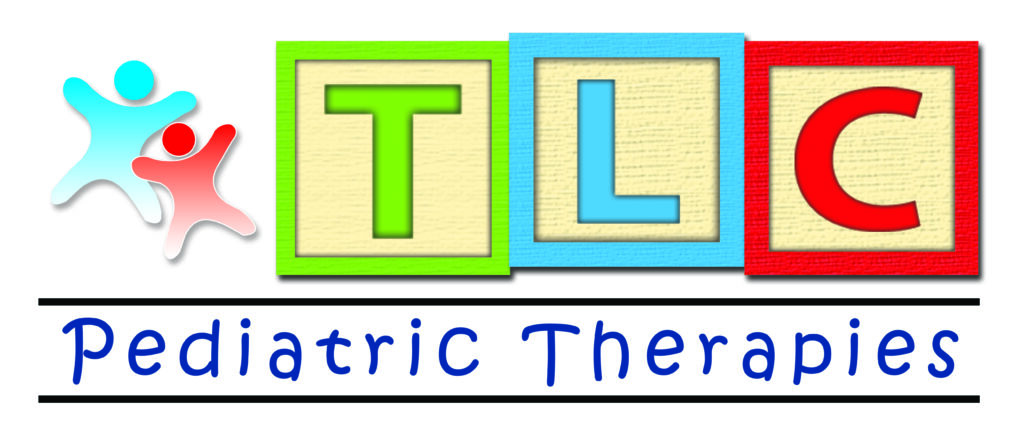Occupational Therapy
Empowering Children in Everyday Skills
Our Pediatric Occupational Therapists focus on helping children participate in everyday activities through therapeutic intervention. This includes daily routines like eating and grooming, self-care tasks like bathing and dressing, learning and participating in school and social situations, and other everyday activities. Our Occupational Therapists are experts at helping treat emotional, social, developmental, and physical concerns in children. They create individualized therapeutic treatment plans, provide ongoing facilitation of developmental milestones, make recommendations for adaptive equipment, and offer guidance to family and caregivers for improvements in everyday routines.
Goals of Our Occupational Therapy Program
- Facilitates development of fine motor skills and developmental milestones.
- Maximize posture, bilateral coordination, mobility, and strength.
- Addresses sensory processing, visual-perceptual coordination, toileting and hygiene, feeding and oral-motor therapy, and other self-help skills.
- Considers socialization and emotional development, language and communication, and attention and cognitive abilities.
- Uses splinting and bracing and other assistive technologies to improve handwriting, dressing, and other activities of daily living.
- Promotes access in the community, self-advocacy and inclusion, and family education and training.
- Supports a comprehensive approach to health-care and medical needs.
Our Approach
- Sensory integration therapy
- Fine motor development and hand strengthening
- Self-care training (feeding, dressing, hygiene)
- Visual-motor and perceptual skills development
- Play-based interventions to improve attention and interaction
- Parent coaching for consistency at home
We Support Children With:
- Autism spectrum disorder
- ADHD/ADD and other behavior disorders
- Sensory processing challenges
- Developmental delays
- Down syndrome
- Cerebral palsy
- Torticollis
- Expressive and receptive language disorders
- Fine motor or visual-motor delays
- Feeding difficulties
- Handwriting and school readiness issues
- Emotional regulation and social skills

This content was reviewed by the experienced occupational therapists with TLC Pediatric Therapies.

